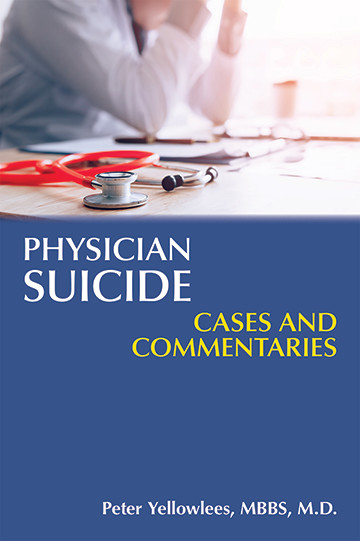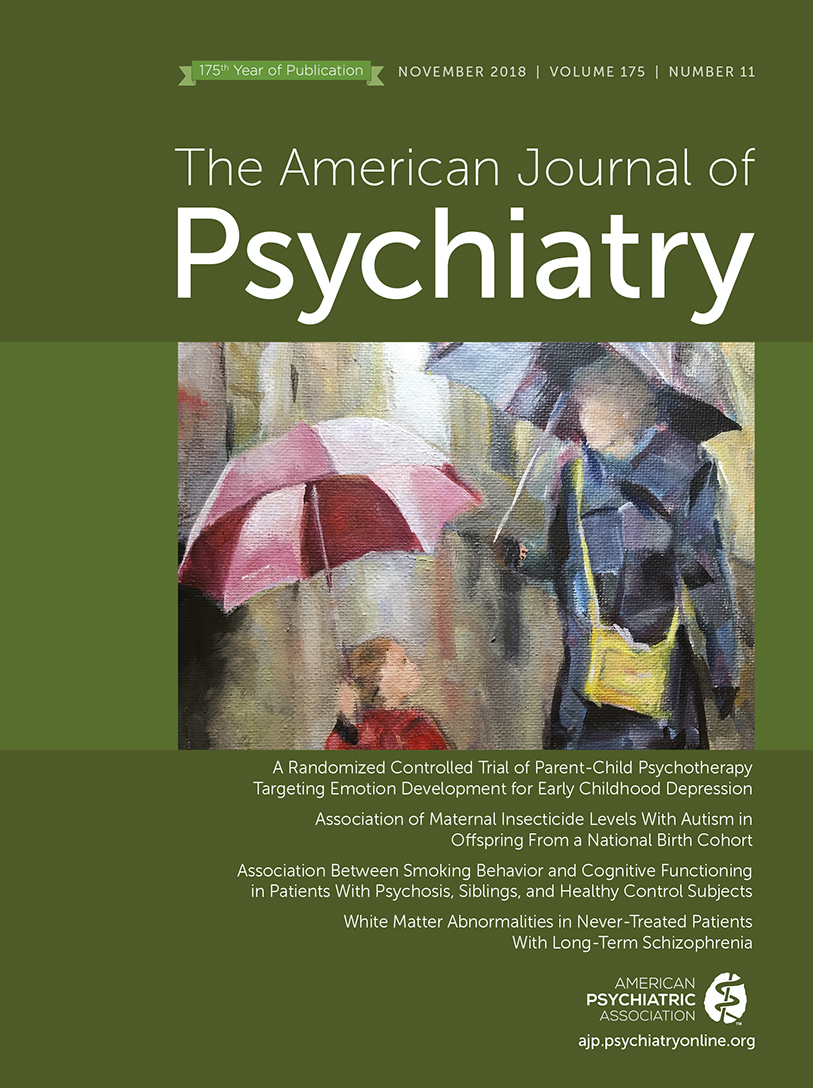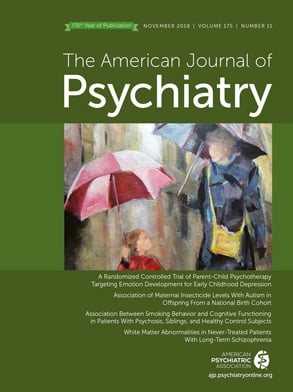As a human race we’ve long understood the importance of preventive maintenance for our cars, so it’s odd that the importance of maintaining physician well-being is only now beginning to be widely recognized (p. xi).
Roughly 400 American physicians take their own lives every year, a staggering figure that constitutes but a fraction of the number of doctors who take their own lives each year worldwide. Having made the treatment of distressed physicians a major emphasis of an accomplished career in public, private, and academic psychiatry, Dr. Yellowlees has a unique vantage point from which to pass on knowledge regarding the factors and circumstances associated with this phenomenon. That experience base, including the loss of two physician patients among many others assisted in stepping back successfully from the precipice, makes him well qualified to educate both practitioner colleagues and the lay public about the factors and circumstances that contribute to physician suicide.
Yellowlees’ choice of a case study and discussion format serves to humanize his hypothetical distressed physicians while also facilitating immersion of readers into the narrative stream by making the people and situations under discussion more relatable than had the same material been presented in a more traditional textbook format. His nuanced, multi-faceted portrayals of troubled physicians afford his subjects an appropriate measure of dignity. The author also does not shrink from frank examination of factors and life choices that lead doctors into extremis and to bolstering the all too common stereotype of being among the most difficult patients to assist. These include the use of illicit substances to self-medicate depression and other mental illnesses, failure to accept the realities of age-related physical and cognitive decline, grief over real or perceived serious medical errors, the weight of financial, relationship, and organizational pressures, and the fallout of characterological issues ranging from martyrdom to sociopathy. Readers would be hard-pressed not to recognize some hint of similarity to themselves or their colleagues. Each case study is followed by two to three pages of didactic-style discussion, including pointers to community resources and a brief chapter bibliography.
One particularly heartrending case involved a cascade of tragic events culminating in the suicide of “Dr. B,” a 79-year-old cardiologist. A widower for whom not much remained beyond his physician identity, Dr. B concealed the diagnosis of mild cognitive impairment for 2 years beyond the time it was conferred. Although Dr. B’s colleagues suspected that he might be deteriorating, they found ways to rationalize inaction. Eventually, Dr. B became overwhelmed on a day when his clinic was short-staffed, and he made errors that resulted in two patient deaths. Plagued with guilt, he hung himself. Yellowlees’ choice to commence this case study with a suicide note from Dr. B to his children serves masterfully to transport readers into the subjective abyss of guilt and despair as Dr. B experienced it. The author also succeeds in providing an objective counterpoint by critiquing a medical culture that demands near-total devotion of its practitioners but all too often fails to support their inherent humanity, such as in the case of Dr. B’s cognitive decline.
Had Dr. B, as a respected medical educator, felt safe in disclosing his condition, or if his colleagues had the wherewithal to confront him about it, he might well have been able to continue practicing in a capacity that emphasized his strengths while preserving patient safety. As such, one of Yellowlees’ stated goals for this work was to set his physician readers up as reasonably competent with regard to the “how and when” of intervening to assist a suffering colleague. He accomplishes this mainly by providing examples of interventions that are thoughtful and effective, as well as a few, such as in Dr. B’s case, that are meant to be obviously less than optimal. He also takes pains to point out that in some cases, no type or amount of intervention can be effective if insight and readiness are critically lacking within the person to whom help is proffered.


